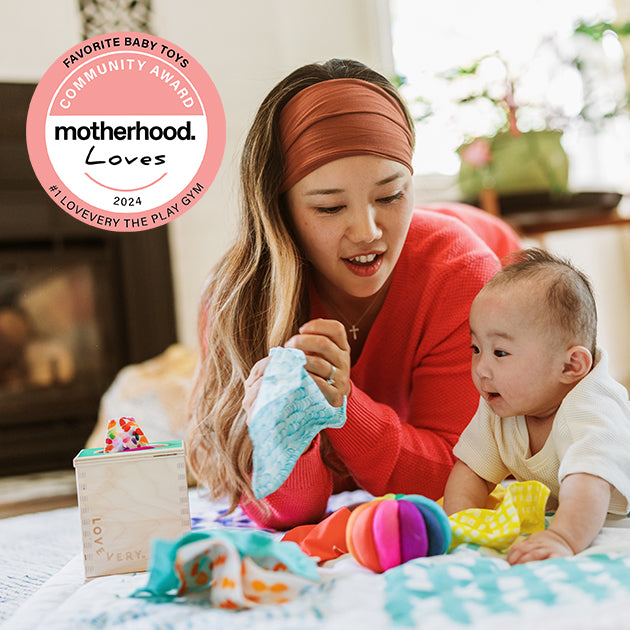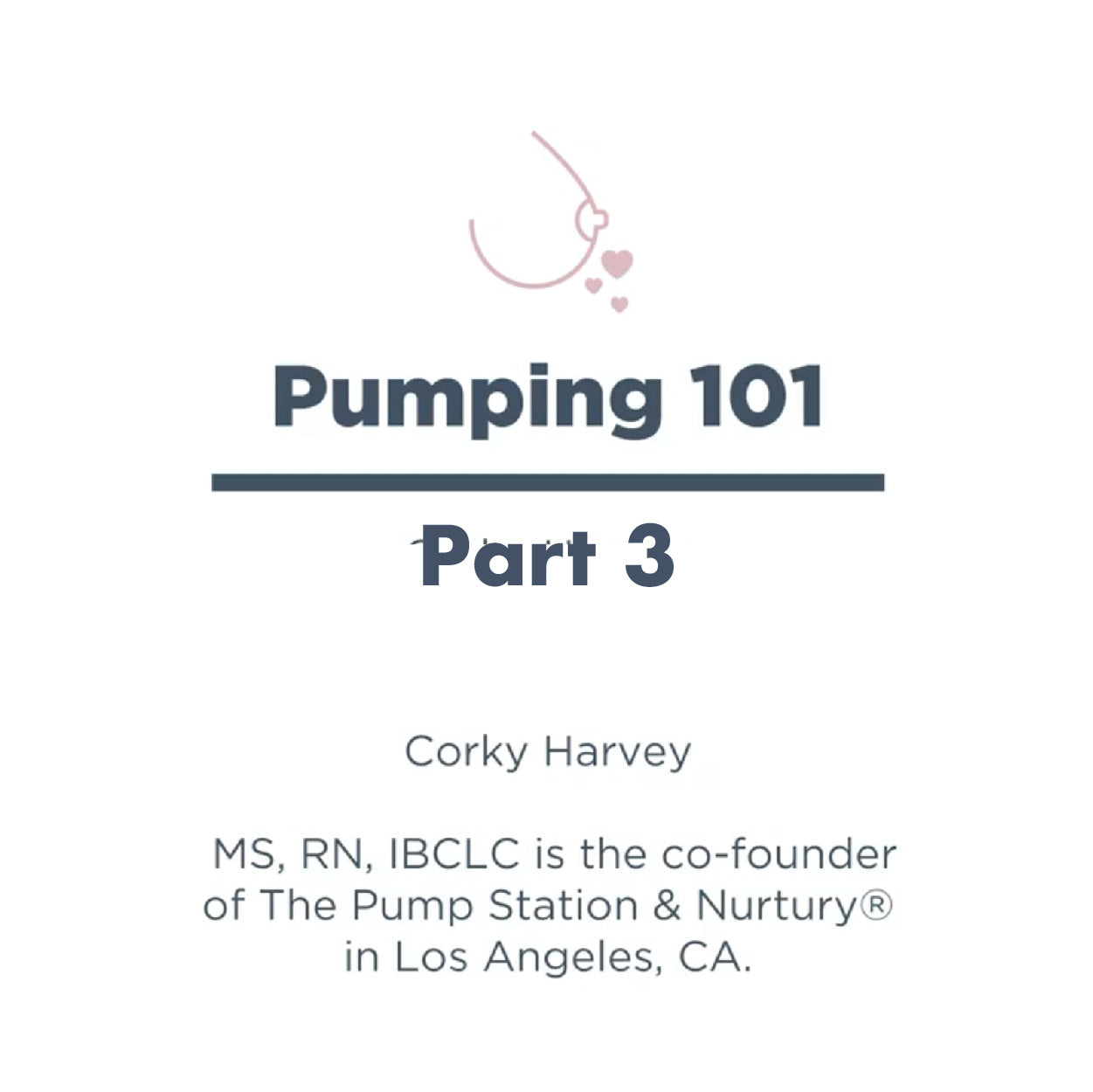Part Three of a Conversation with
Dr. Amna Husain, MD, IBCLC & Callan, Editor

Dr. Amna Husain is a Board-Certified Pediatrician and an Internationally Board-Certified Lactation Consultant (IBCLC) who owns a concierge pediatric practice.
In part three of our interview series, she and Motherhood Editor Callan, who was nursing her 15-month-old daughter, discuss signs baby is hungry, cluster feeding & baby poop.
Callan: What are signs that your baby is hungry? And then if you could talk a little about cluster feeding and why that happens?
Dr. Amna: Some of the signs that babies are hungry, and I know parents are going to say: but they do that all the time! So some of the signs are rooting, definitely sucking, smacking your lips. Now, rooting and sucking are reflexes. You're right, if you rub their cheek, baby will turn towards your fingers. That's a reflex. If you were to put a pacifier in their mouth or a nipple in their mouth. Yes, they will suck. That is a reflex. But those are two things to be aware of, that if your baby is starting to wake up a little bit and rooting towards their hands, that's a sign that they're likely going to be hungry. Another sign, and this is a late sign, is usually crying because by the time they're crying, they're past hungry, they're hangry. And when you're hangry, it becomes really hard to focus on the meal that's in front of you.
Another thing I tell moms is sometimes when the breast feels really full and engorged, it's very hard for babies to latch on to. So also go by signs of how your breasts feel too. Think about the breast like a balloon. And if the balloon was really taut, it would be really hard to basically put your mouth on a taut balloon. But if you kind of release the pressure and let's say you hand expressed a little bit; it becomes a little softer and the baby can latch on easily. It helps with that perfect storm if your baby is hangry, and you feel like your breasts are really full, you can try to eliminate feeling that feeling of fullness by hand expressing. But those are some of the top few signs that you can tell if your baby is hungry. I often recommend watch the baby and not the clock. In the hospital, again, you might be told to feed your baby 15 minutes every two to three hours. Well, sometimes babies need to feed almost every hour in the beginning, and that's OK, especially as your supply is becoming established.
Callan: Yeah, I think that was what was most shocking to me when I was first feeding my daughter, is that she cluster fed a lot. I had an unplanned C-section and my milk came in late, so I feel like my body was playing catch up. And I swear she cluster fed for two weeks. She would be done feeding and then minutes later start crying. And I'm like, there must be something else wrong. You can't possibly still be hungry. But no, she was still hungry.
Dr. Amna: Well, let's talk about cluster feeding. First of all, it's really normal. All parents are like, you can't be crying again! It is super normal. And again, it's most likely to happen in the evenings when possibly your husband is still not home from work, and you're at your wits end, and you are really just overwhelmed, and that's the worst feeling altogether. First of all, tell yourself it's OK. This happens. It's normal. Oftentimes it can happen when a growth spurt is happening because baby might be feeling a little bit hungrier. It can also just be a sign of needing comfort. Right. Non-nutritive sucking as well. So, you might feel like baby's constantly on you, but they're not getting much. So cluster feeding can be very, very normal. It does last for short periods of time. It doesn't feel short in the moment, but it might only last for a few days to a week. And then you might feel like you hit a rhythm again and then three weeks later you are cluster feeding again. Rest assured that these are normal. These are growth spurts. Usually I do see them happen less once we've started solids, so that's helpful. Solids have their place just like breast feeding has its place. But I do see that sometimes it does happen less. And that might be because they're eating more calorie and nutrient dense foods. Or as we grow older, we just see less growth spurts.
Callan: Can we talk about baby poop? What is normal versus what is not? And is it true that breast milk is a laxative?
Dr. Amna: Yeah, let's talk about that. One thing I tell families is, first of all, if you have any questions, snap a picture. We all live in the millennial age now. I used to have parents that would bring diapers to me that were like a day old. I remember working in the ER, like, "OK, that's good. That's good. You can put that away now. We're all good now." But if you want to snap a picture and that doesn't have a smell that comes with it, I'm happy to take a look at it. Gosh knows how many phone pictures I have of baby poop that's been sent to me by patients. But really, anything goes besides red, white or black.
So red usually indicates blood and blood can sometimes happen with a cow's milk protein allergy. So, your pediatrician is going to want to know about that. But there's other things that can cause blood in the stools as well, but either way, never normal. Let your pediatrician know.
White can sometimes happen when there's an issue with the liver or the bile duct in a baby. So, let the pediatrician know if you have questions about that.
Black poop can sometimes happen also with blood, because actually when blood gets digested in the stomach acids, it can turn black sometimes. Or in the very beginning when your baby's stool is very tarry and black, it's called meconium. And we expect that to go away. The stools are transitioning to what we call the mustard yellow seedy stools. So if you're still seeing black, that's persisting beyond a couple of days, we need to know about that, too, because that's likely coinciding with feeding issues or the baby not gaining weight.
Now, other things we've kind of hit on were the green, frothy stools. A little bit of mucus is OK, even just normal green poop is OK if your baby's doing just fine. I always tell parents it's not just their poop, but it's also how they're acting, how they're feeling, the consistency of the poop. All of those things are totally fine.
Another thing I want to point out is since you said is, is breast milk a laxative? So definitely breast milk is very highly and easily digestible. So, once they drink the breast milk, it usually passes very quickly through the system. Doesn't mean that they're literally digesting the milk because oftentimes babies have a gastrocolic reflex while you're feeding them, and they poop. It's not that easily digestible, but what they're likely working on is the milk they had at the previous feed. Or maybe if it's been like two hours since their last feed, they likely have digested and worked on that, and are stooling out whatever they worked on from the last feed. So, it's not a laxative, but it's very easily digestible. That being said, I've seen some babies who poop at every feed and I've seen some babies who may not poop for up to 14 days. And parents really freak out about that. But as long as the baby's not really straining and they're doing fine, they're not uncomfortable with the stool. And the stool doesn't appear to be constipated, small balls or hard in texture. I'm not worried. So that can be really normal to have babies who don't stool as frequently as well.





